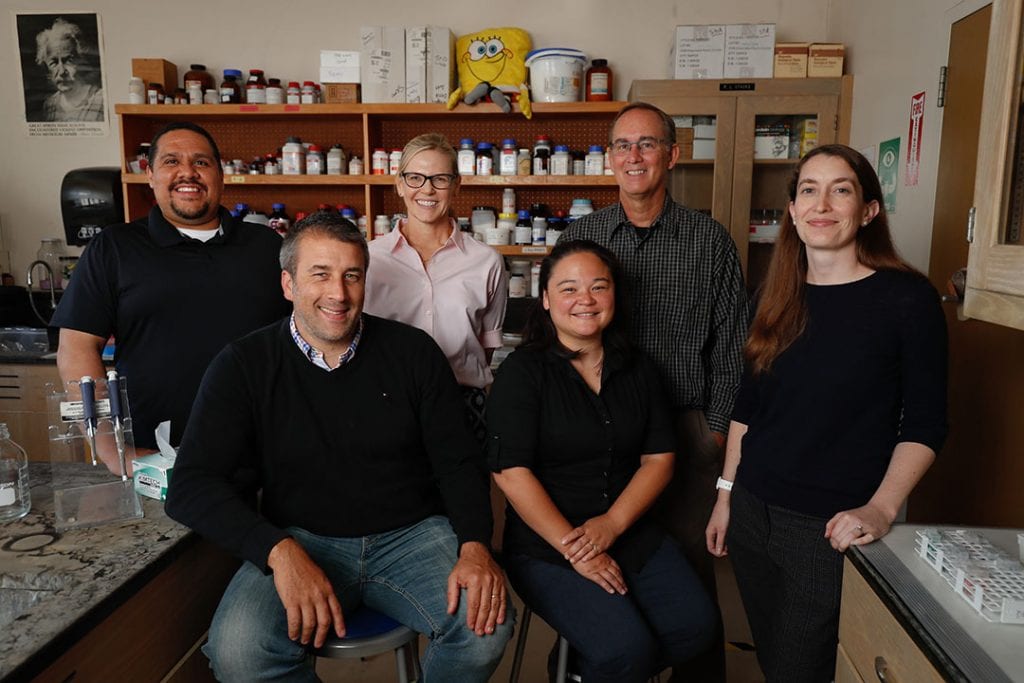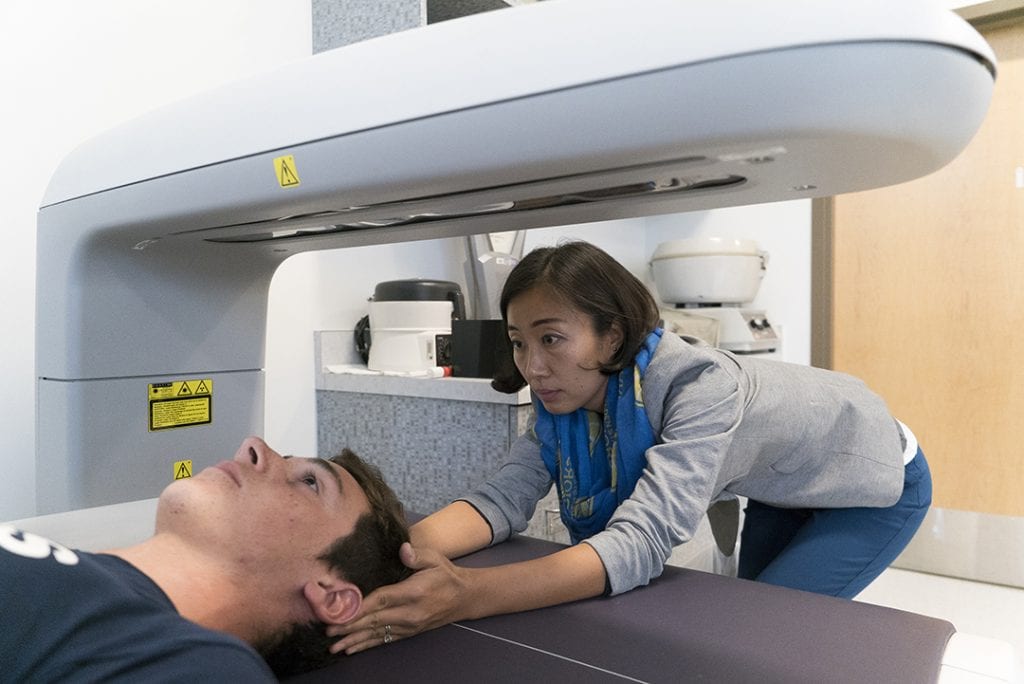
Assistant Professor Areum Jensen works with a clinical research participant in her kinesiology lab. (Photo: Brandon Chew)
Areum Jensen first learned about the field of kinesiology from an English teacher. She was completing a bachelor’s in biology at Sangmyung University in Seoul, Korea, and had long been interested in understanding how exercise can improve health. As a child, her mother had often been ill and suffered from severe asthma. However, once her mother began a regiment of exercise – starting with one minute a day and building up to being able to compete in an amateur tennis tournament years later – Jensen became a believer that exercise could be medicine.
“I tried to figure out what I wanted to learn next,” said Jensen, who is an assistant professor in the College of Health and Human Sciences’ Department of Kinesiology. “I had an English teacher who had been a sports medicine doctor in Canada. He said I had to go to America or Canada to study kinesiology.”
Jensen applied and was admitted to a master’s of exercise physiology program at San Francisco State University. After finishing her degree, she decided to pursue a Ph.D. in medical physiology at the University of Missouri School of Medicine so that she could learn the knowledge and techniques needed to conduct clinical research. There, she first became involved with studies of individuals with neurological disorders such as autism.
At San Jose State University, she is continuing her clinical research agenda through internal grants from her college and the university, as well as the support of student researchers. Through the Undergraduate Research Grant Program, coordinated by SJSU’s Office of Research and the Center for Faculty Development, she was able to work with three students in 2017-18 and has four students engaging with her for 2018-19.
“I couldn’t do my research alone,” she said. “The clinical nature of my work means I need students and assistants. It is amazing to work together and see how motivated my students are. I am very proud.”
Jensen is quick to point out the successes and accomplishments of last year’s research team — Rachel Christensen, ’17 Kinesiology, Pooja Pal, ’18 Kinesiology, and Cory Low, ’18 Kinesiology. The students were president and dean’s scholars; received scholarships; and were recognized for scholar and service scholarships by the Department of Kinesiology and the American Kinesiology Association. The high point for Jensen as a mentor — all were accepted to Doctor of Physical Therapy programs immediately following graduation while most candidates take much longer to complete the requirements to apply for such programs.
“We were all very fortunate to have Dr. Jensen as our lab instructor in our physiological assessment course,” Christensen said. “It was easy to see her passion for exercise physiology.”
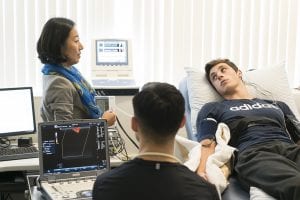
Areum Jensen, an assistant professor of Kinesiology, works with students on clinical research that will compare physiological function of control participants and participants with autism.
Working under Jensen’s leadership, the students explored the relationship between muscular strength, bone mineral density and balance in adults with cerebral palsy, among other relationships between physiology and function in the population. Jensen’s ultimate goal is to help populations with neurological disorders such as autism and cerebral palsy to reap the benefits of exercise. The students presented their work at the national meeting of the American College of Sports Medicine in May 2018.
“It was an opportunity we all couldn’t pass up,” Christensen said, noting that Jensen served as a mentor through the undergraduate research grant application process. “I feel so much closer to my peers, and I’ve gained such a tremendous mentor in Dr. Jensen throughout this process…I love that it provided a gateway to attend conferences as well.”
Pal said she was looking to engage in research to develop skills she would need to enter a physical therapy program, but she discovered the best part of the research was working with the participants involved in the study.
“Whenever the cerebral palsy research team would go to Ability Now Bay Area in Oakland to train the research participants, they would be super enthusiastic every morning to exercise,” Pal said. “Their high spirits on most days gave all of us a happy boost.”
Christensen is attending California State University Fresno’s Doctorate of Physical Therapy program, while Pal started this fall at the University of the Pacific.
“This research opportunity helped me understand a patient-focused career in physical therapy,” Pal said. “I was able to enhance my communication and teamwork skills.”
Both graduates agreed that they made meaningful connections with professors and fellow classmates.
“The Kinesiology Department is truly an incredible department filled with faculty and staff that really want great things for their students and are willing to go above and beyond to help us reach our goals,” Christensen said. “I am extremely happy that I got to be a part of such a wonderful community at San Jose State, and I am sure I will be back.”
Jensen, who teaches clinical physiology classes, said that the research has made her more aware of including an array of information in her classes about different disorders that affect the body including neurological disorders that can strike diverse individuals.
“Before I spent a lot of time in class on cardiovascular and pulmonary diseases and cancer,” she said. “Having done research on populations with neurological disorders, I can see that those disorders were neglected and I am bringing them into the classroom and giving them a little more time.”



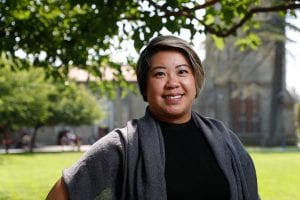
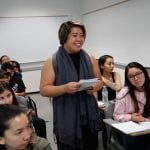
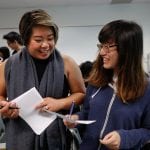
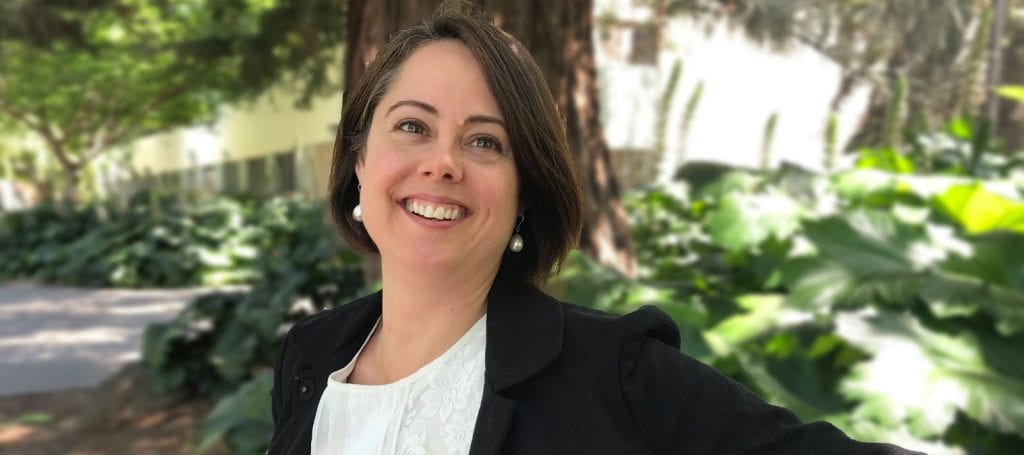
 MY EMPATHY FOR OTHERS AND DRIVE TO HELP ARE AT THE CORE OF WHO I AM AS A PERSON.
MY EMPATHY FOR OTHERS AND DRIVE TO HELP ARE AT THE CORE OF WHO I AM AS A PERSON.